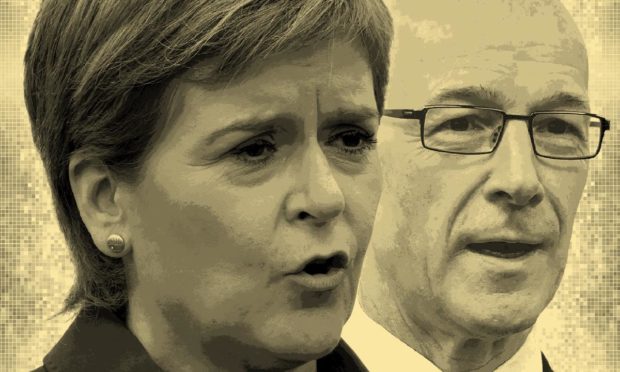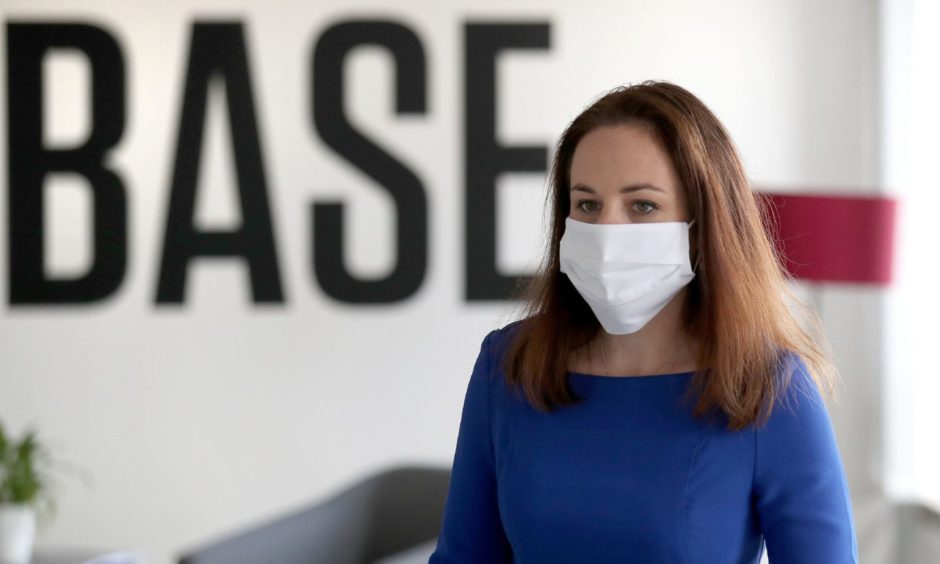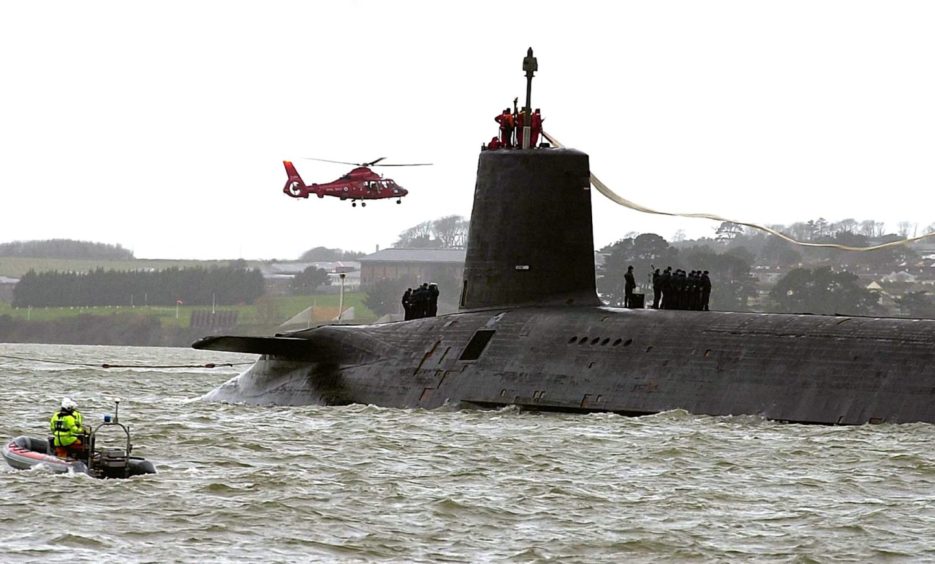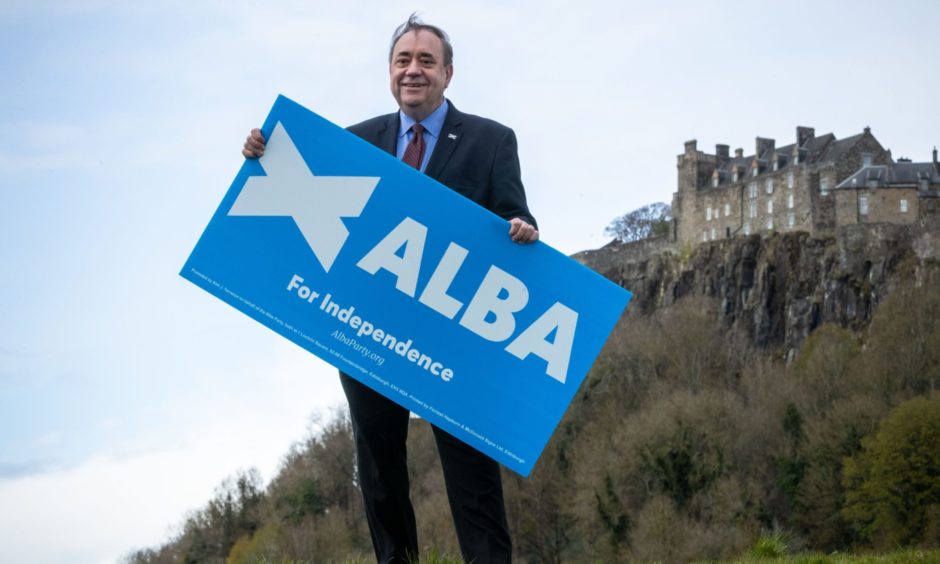Nicola Sturgeon has reignited the independence referendum debate and reformed her SNP Government with help from the Greens – but what are the main issues facing the party’s long-serving leader?
From the timing of a second independence referendum, to the contents of the new SNP-Green agreement, there are plenty of flashpoints.
As SNP members prepare to gather online for their latest conference, we have taken a look at six of the key issues for the party.
1) Timing of IndyRef2
Many of Ms Sturgeon’s most vocal critics on the lack of progress on achieving a second independence referendum have switched to the Alba Party, but the timing of the new vote remains crucial to remaining SNP members.
The first minister announced in this week’s programme for government that work on a second referendum would restart, with the aim of delivering it by the end of 2023.
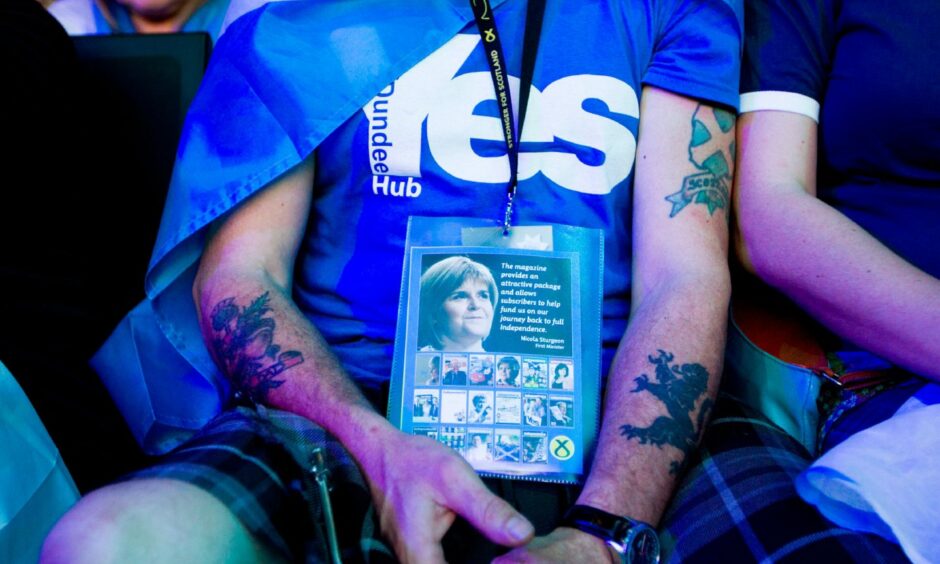
However, many commentators question whether that timetable can be achieved if the Westminster government remains opposed to handling Holyrood the necessary legal powers.
She is likely to use the opportunity to rally her troops by raising hopes that the party’s ultimate goal remains within touching distance, and she could even expand on her strategy to try to force the hand of the Conservative administration, such as via a legal challenge.
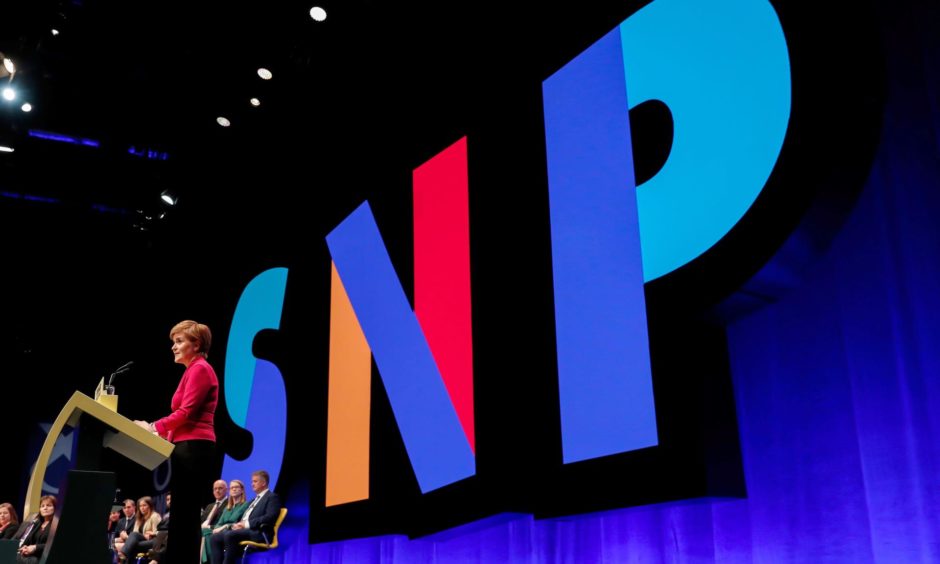
Her closing speech on Monday will follow a discussion on Sunday which could offer an insight into the mood among members on the issues of timing and the campaign.
The conference will consider a motion that Scots should “not have their health, wellbeing and future economic potential compromised by holding a referendum on independence before it is safe to do so, and that this decision should be determined by data driven criteria about the clear end to the public health crisis, which would allow a full, normal, and energetic referendum campaign”.
Another motion on Sunday will proposes that members support “the development of a campaign for independence that puts recovery at its heart”.
It follows a suggestion from John Swinney this week that the Yes campaign would have to “adjust” its prospectus for independence in the wake of the pandemic.
2) Heir to the throne
Ms Sturgeon survived the intense pressures of the first year of the pandemic.
And she dealt with the fall-out from the inquiries into her government’s botched handling of the Alex Salmond harassment allegations, which could have resulted in her losing her job.
Then there was the small matter of an election, which the SNP won comfortably, although it just missed out of an overall majority.
But, as Andrew Learmonth noted in his conference preview in Holyrood Magazine, Ms Sturgeon will soon become Scotland’s longest-serving first minister, overtaking Mr Salmond’s seven-year record on May 24, 2022.
She can not go on forever, and speculation is already growing about her potential successor.
Among the most widely-tipped contenders, Kate Forbes, Humza Yousaf and Ian Blackford are all due to speak on Sunday, a day after Shirley-Anne Somerville and John Swinney take to the stage.
3) Another election?
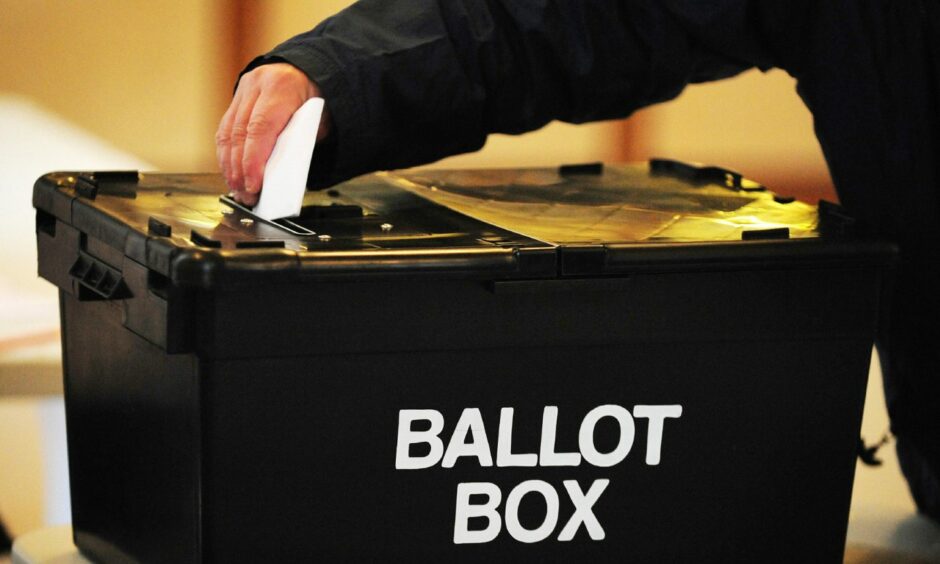
It is only a few months since the Holyrood election, but the SNP leadership will have already turned its attention to the local government vote in May, and will be hoping to use the party’s conference to focus the minds of activists on the upcoming campaign.
They will be battling for a better showing compared to 2017, when the party ended up with a slightly reduced number of councillors, in the face of major Tory gains.
It was also locked out of power despite emerging as the biggest grouping in many key authorities, including Aberdeen City.
On Saturday, the conference will discuss the selection of council candidates, including an issue affecting attempts to achieve greater gender balance.
Such a move could be a source of disquiet in some areas if the party’s ruling National Executive Council is perceived to be interfering in candidate selection.
4) Is it Scotland’s oil?
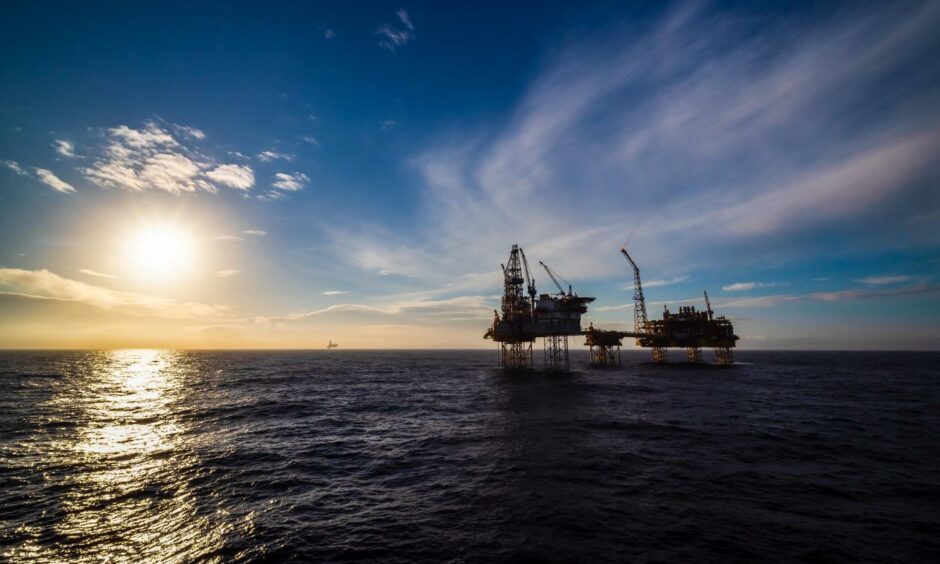
As well as council elections, the party will use the conference as part of the build-up to the COP26 conference in Glasgow in November.
Fresh from agreeing a cooperation deal with the Scottish Greens, the SNP’s conference will consider on Saturday what can be done to ensure that COP26 is not only a “pivotal moment” for the planet, but for Scotland, “cementing” a status as leaders in addressing the climate emergency.
This includes a call for the Scottish Government to set out “its plans to secure a tangible legacy”.
There is no mention of the future of North Sea oil and gas on the conference agenda.
But, given its historic significance to the party’s growth, and the sector’s ongoing importance in the north-east of the country, it may well come up.
5) Nuclear row
The post-independence future of the UK’s Trident nuclear weapons system, which are currently operated via submarine bases on the Clyde, is a long-standing issue in the constitutional debate which has resurfaced in recent weeks.
The FT reported that the UK Government had drawn up contingency plans to move the nuclear deterrent abroad if an independent Scotland refused to allow a lease of the facilities at Faslane and Coulport.
On Sunday, the SNP conference will consider a motion that calls on “a future SNP government of an independent Scotland to remove nuclear weapons from Scotland within three years”.
However, a proposed amendment to the motion says that it should instead commit to “start the practical work” to remove the nuclear weapons within three years.
6) Former friends…
The SNP is not the only party to be holding its conference this weekend, with Mr Salmond’s Alba Party due to gather in person in Greenock.
Many of those logging onto the SNP’s online meeting will have one eye on events in Inverclyde, in case their former leader has something up his sleeve to try to grab the headlines.
